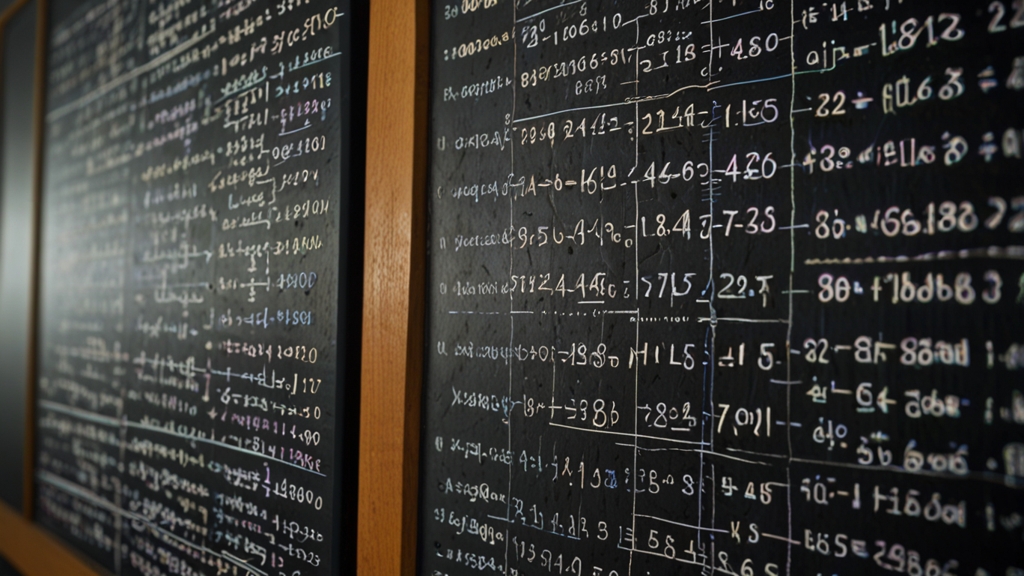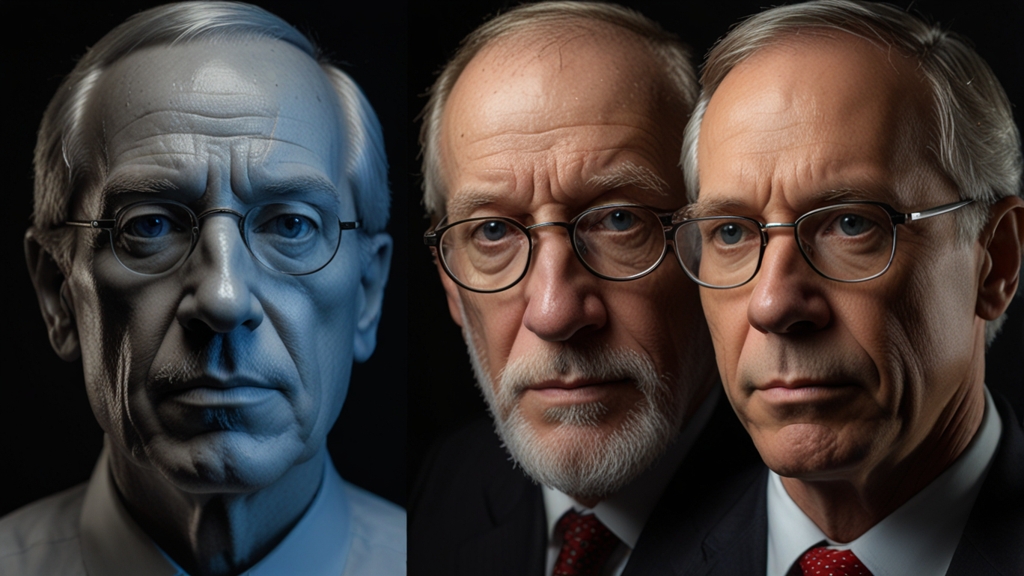Daring Espionage: The Spies Who Changed World War Outcomes
The fog of war conceals not just the roar of artillery and the march of foot soldiers, but also the silent, shadowy footsteps of spies. These unsung heroes executed daring acts of espionage that altered the course of history. Their clandestine operations and invaluable intel would turn the tides in pivotal moments, often from behind enemy lines.
The Enigma Code and Alan Turing
During World War II, one of the most significant breakthroughs in espionage came from Alan Turing and the team at Bletchley Park. The German military used an encryption device known as the Enigma machine, which they believed was unbreakable. Turing's genius in cryptography and the creation of the Bombe machine allowed the Allies to decode thousands of messages.
"Even when Enigma was known to be broken, the Germans had no idea just how much information they were giving away. They kept using it till the end of the war, making the Allies' victory all the more attainable."
This strategic advantage in intelligence gathering, known as Ultra, was a turning point. It significantly contributed to the success of D-Day and other critical operations against the Axis powers.
The Cambridge Five
The Cambridge Five were a notorious ring of British spies who passed critical information to the Soviet Union during World War II. Comprised of Kim Philby, Donald Maclean, Guy Burgess, Anthony Blunt, and John Cairncross, these individuals infiltrated top levels of British intelligence.
Remarkably, these spies provided the Soviet Union with sensitive information about Anglo-American operations. Their contribution to Soviet knowledge helped Stalin’s forces plan defensive actions against Nazi Germany more accurately.
"The Cambridge Five’s activities demonstrate how espionage extends beyond gathering enemy secrets—it also involves the complex machinations of affecting alliances and trust between supposed wartime allies."
Operation Fortitude and Double Agents
One of the most audacious espionage feats was Operation Fortitude, part of the broader deception strategy Operation Bodyguard, designed to mislead the Axis powers about the true location of the D-Day invasion. The Allies created a fictitious First United States Army Group (FUSAG) led by General George Patton, complete with inflatable tanks and fake radio transmissions.
Double agents like Juan Pujol García, codenamed “Garbo,” played a crucial role. Garbo convinced German intelligence that the Normandy invasion was a feint and that the real landing would occur at Pas de Calais. It resulted in German forces being spread thin, contributing to the overwhelming success of the Normandy landings.
Conclusion
The courage and ingenuity of spies during wartime cannot be overstated. From decoding seemingly unbreakable codes to infiltrating governmental organizations and orchestrating elaborate deceptions, these spies wielded information as their most powerful weapon. Their clandestine efforts not only saved countless lives but also ensured the strategic victories that brought about eventual peace.
As history unfolded, these acts of daring espionage illustrated the monumental influence that intelligence and subterfuge can have on the outcomes of global conflicts. The silent operators within the shadows proved instrumental in shaping the world as we know it today.












